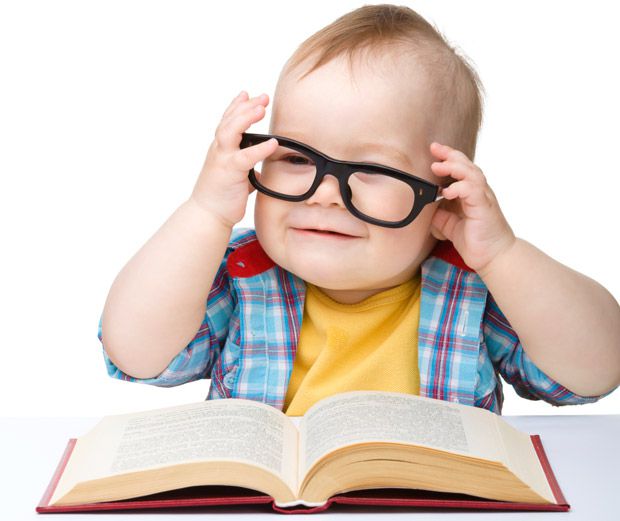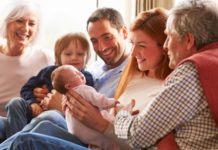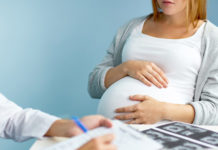There are many do’s and don’ts for parents when a baby has a cold. These tips will help you do everything you can for your baby, and ensure you don’t accidently give them something that could cause harm.
- Colds are common – a baby might get as many as 12 colds in the first year. They’re usually nothing to worry about – if it’s just a cough, sniffles and a slight fever, you can rest assured and just wait and see what happens.
- Colds are spread by coughing and sneezing, which spreads cold viruses to hands and hard surfaces. From there they can cause infection if they come into contact with you baby’s nose or mouth.
- Prevent your baby catching a cold:
- Keep your baby away from cigarette smoke
- Breastfeed
- Wash your hands regularly and others who touch your baby must do the same
- Keep your baby away from crowds as much as possible. This includes crowded childcare centres
- Cover your mouth and nose when you cough and sneeze
- Recognise symptoms that may indicate something is seriously wrong. These include a high fever, severe cough or symptoms that get worse after the third day. Visit the doctor immediately if your baby has symptoms which indicate something serious could be wrong.
- Give your baby plenty of love and attention – they’ll probably be grumpy and need lots of cuddles and reassurance.
- Make sure baby gets enough water and food. They don’t need to eat or drink extra, but try to get them to eat and drink as much as they usually do. This may be difficult because a blocked nose can make feeding hard.
- Don’t send them to childcare unless they are well enough to play. Talk to your childcare provider about when you should send them back.
- Don’t give your baby any medicines, including cough syrup, unless they are prescribed by a doctor. Don’t give them antibiotics unless they have another infection – antibiotics do not treat colds.
- Do not overheat baby – keep them warm but don’t try to make them any warmer than usual. It won’t help them recover and could be dangerous.
- Beware of natural remedies like vitamins and honey. Although these may be safe for older people, they can be dangerous for babies.
Download the baby cold checklist
References
- Curtis GB, Schuler J. Week 10. In Your baby’s first year- week by week. 3rd 2010. De Capo Press. (Full text).
- Mayo Clinic. Guide to your baby’s first year. Good Books. Intercourse, United States. (Full text).
- Snellman L, Adams W, Anderson G. et al. Institute for Clinical Systems Improvement. Diagnosis and Treatment of Respiratory Illness in Children and Adults. Updated January 2013. (Cited 17 May 20130. Available from: (URL Link)
- Mayo Clinic. Common cold in Babies- prevention. 2010. (Cited 5 May 2013). Available from: (URL Link)
- Farrer Cold and flu in Children. South African Pharmacists Assistant. 2013; 13(1): 16-17. Available from: (URL Link)
- Canadian Paediatric Society Infectious Diseases and Immunization Committee. Colds in children. 2005. Available from: (URL Link)
- SIDS and KIDS. Information Statement- Room Temperature. 2010. (Cited 25 May 2013). Available from: (URL Link)
- Sung V, Cranswick N. Cough and cold remedies for children. Australian Prescriber. 2009. 32: 112-4. Available from: (URL Link)
More information on colds in 3-12 month old babies
 |
For more information about baby colds and their causes, see Baby colds. |
 |
For more information about the symptoms experienced by a baby with a cold, see Baby cold symptoms. |
 |
For information about which babies are more likely to get colds and how to prevent baby colds, see Baby cold prevention. |
 |
For more information about when to take a baby with a cold to the doctor, see When to see a doctor. |
 |
For more information about how to comfort and look after for your baby when they have a cold, see Caring for babies with colds. |
 |
For more information about simple measures you can take to relieve the symptoms of your baby’s cold (and medicines you should avoid), see Baby cold remedies. |
- Advertisement -
Date Created: August 20, 2013
Date Modified: June 17, 2015 


 (4 votes, average: 4.00 out of 5)
(4 votes, average: 4.00 out of 5) 






